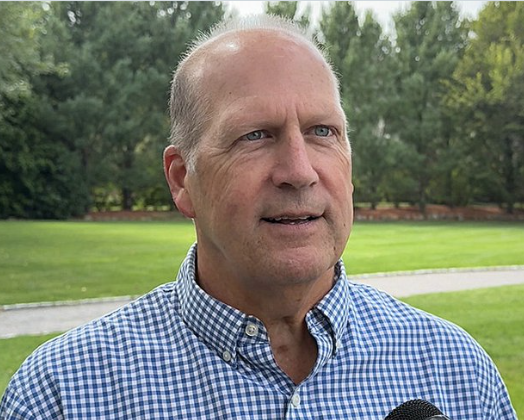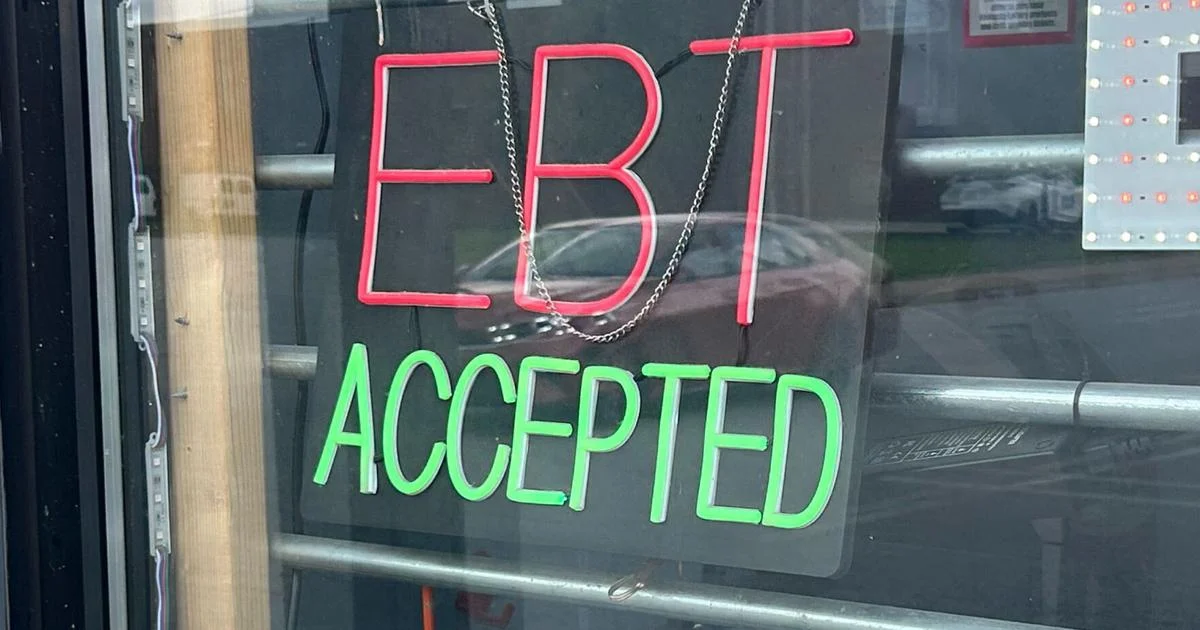Copyright International Business Times

John E. Sununu, the former U.S. senator and congressman from New Hampshire, has officially launched a bid for the Republican nomination for the U.S. Senate, setting up what could become one of the state's most closely watched races in years. The seat is being vacated by retiring Democratic Senator Jeanne Shaheen, opening a rare opportunity for Republicans to reclaim a key New England foothold. In his announcement Tuesday, Sununu positioned himself as a seasoned but pragmatic voice seeking to "restore common sense" in Washington. He emphasized fiscal restraint, bipartisan problem-solving, and policies to support working families — themes reminiscent of his earlier congressional career. "Voters are ready for leadership that focuses on solutions, not headlines," he said in a campaign video released on social media. Sununu, 61, brings a deep political résumé and one of New Hampshire's most recognized names to the race. A trained engineer with degrees from the Massachusetts Institute of Technology and Harvard Business School, he entered politics in the 1990s and represented New Hampshire's 1st Congressional District in the U.S. House from 1997 to 2003. He went on to serve a single term in the U.S. Senate after winning the 2002 election, where he focused on economic policy, technology, and regulatory reform. After his defeat by Shaheen in 2008, Sununu shifted to the private sector. He held positions in consulting and finance, served on several corporate and nonprofit boards, and became a familiar voice on fiscal and technology policy through advisory roles and media commentary. Those years outside public office, he said, gave him "a broader perspective on how government decisions ripple through the economy." Politics, however, is woven into the Sununu family's story. His father, John H. Sununu, served as governor of New Hampshire and White House chief of staff under President George H.W. Bush. His brother, Chris Sununu, is the state's outgoing four-term governor, who remains one of the most popular figures in New Hampshire politics. The family's influence — spanning decades of service in state and national government — ensures that John E. Sununu enters the race with both visibility and high expectations. During his time in Congress, Sununu gained a reputation as a policy-focused conservative willing to engage across the aisle. He served on key committees including Commerce, Banking, and Foreign Relations, where he pushed for market-based solutions and a limited regulatory approach. His supporters argue that experience will resonate with moderate and business-minded Republicans, while his detractors point to past votes that sometimes put him at odds with the party's right flank. New Hampshire's Republican Senate primary is quickly becoming one of the most closely watched contests of the 2026 election cycle, with former U.S. Senator John E. Sununu's entry dramatically reshaping the race. Sununu's announcement this week adds a powerful name to a field already featuring former Massachusetts Senator Scott Brown and state legislator Dan Innis — setting up a high-stakes showdown between GOP factions with very different visions for the party's future. The race opened in March when longtime Democratic Senator Jeanne Shaheen announced she would not seek re-election, creating a rare open Senate seat in New England. Republicans see the vacancy as their best chance in years to flip a seat in a region that has leaned blue for over a decade. Until Sununu's announcement, Scott Brown was widely seen as the early frontrunner. Brown, who previously served as U.S. Senator from Massachusetts and later as U.S. Ambassador to New Zealand and Samoa, launched his campaign in June with a message steeped in Trump-era populism — emphasizing border security, energy independence, and "New Hampshire values." Brown has drawn backing from national Trump-aligned Republicans and has raised nearly $1 million since entering the race. Yet Brown's candidacy has divided the state party. Some New Hampshire Republicans have questioned his local roots and political style, with several GOP insiders urging a shift toward Sununu, whom they view as a more locally grounded and broadly electable choice. "Brown's early lead was more about timing than traction," one state party official told reporters. "Sununu changes the conversation entirely." Also in the running is State Senator Dan Innis, a business professor and entrepreneur who entered the race in July. Innis has sought to carve out a middle-ground message focused on pragmatic conservatism and small-business growth, but he faces an uphill battle for visibility against two nationally known figures. Party operatives say the primary could hinge on whether voters favor the populist message championed by Brown or the establishment-minded pragmatism embodied by Sununu. Brown's early fundraising and alignment with former President Trump could help him solidify the party's right flank, while Sununu's deep New Hampshire roots and reputation for policy expertise may appeal to moderates and independents critical to winning statewide. As of now, no major national GOP figures have endorsed a candidate, though local sentiment appears to be shifting toward Sununu following his announcement. Analysts expect both campaigns to flood the airwaves and town halls through the winter, with the first major test likely to come in the state's traditional retail-style campaigning circuit across small towns and local events.



